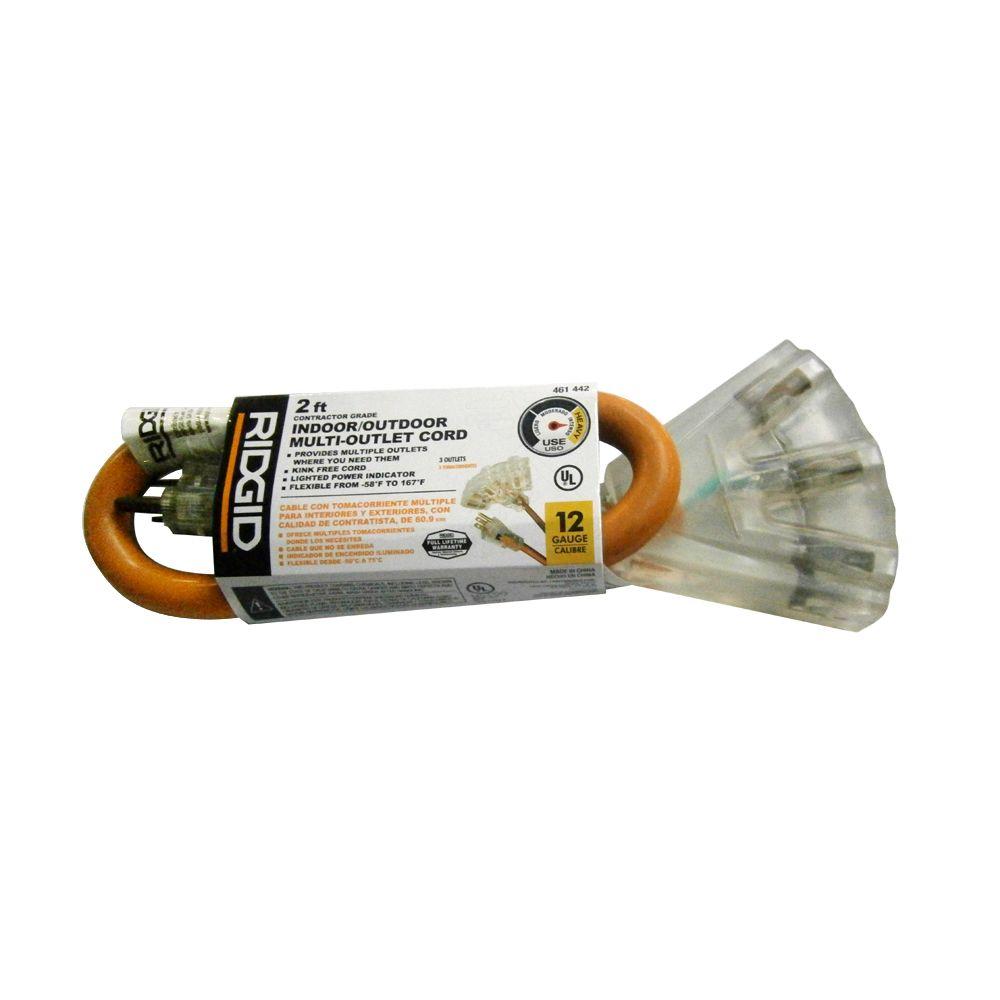
We’re meeting your baby where they are developmentally RIGHT NOW. Please don’t worry about this creating a crutch or causing problems in the future. However, if it has been 10-15 minutes and your baby isn’t back to sleep, I want you to let the nap go! Start a new wake window, and watch your baby closely for sleepy cues before offering the next nap.
15 MIN TIMER EXTENSION CORD FREE
If helping your baby lengthens the nap, feel free to do that. Sometimes replacing the pacifier is the key to elongating the nap.

Try picking up your baby and rocking them back to sleep for 10-15 minutes if the nap is short. So, what do you do? Even though these short naps are normal for babies 4 months and younger, you can still work on lengthening naps now. Yes, it’s actually normal and developmentally appropriate to have short naps during this time. That means normal naps in the first four months of a baby’s life last anywhere from 20 to 120 minutes. Naps only BEGIN to consolidate and lengthen at about 5 months of age. Let’s talk about why you might be seeing short naps and what you can do about it: 1. There are various reasons why your baby struggles to nap longer than 30 minutes and is taking short naps. Why is my baby only taking short naps? How do I get my baby to take longer naps? # anchor Keep in mind that if you’ve been trying to help your baby resettle for more than 10-15 minutes, it’s time to end the nap and start the next wake window. This may mean that you help extend short naps, or maybe it means working on lengthening naps through formal sleep training. You don’t have to do this for every nap of the day, but if you can help extend 1 or 2 naps in the day, it can make a big difference.įor babies over 5 months, I want you to do what works for your family. Should I help resettle my baby after a short nap? # anchorĮspecially for babies younger than 5 months, it can be helpful to resettle them after a short nap. Yes, it can actually be normal and developmentally appropriate for newborns to have short naps. Naps begin to consolidate and lengthen around 5 months of age. When do babies start taking longer naps? When do naps consolidate? # anchor


Short naps drive parents NUTS (especially those of us who are Type A)! These naps cause us to obsess about baby sleep, chart every nap, never leave the house in order to fix “the schedule,” and try to replicate that one day weeks ago when naps were really good. Short naps often cause us to feel trapped at home because the baby is overtired and cranky, and they always seem just a few minutes away from their next nap. It’s a cycle that can feel completely overwhelming. Those night wakings and early morning wakings can cause short naps. Short naps can cause babies to wake up throughout the night as well as early in the morning. This leads to a cranky baby who is often in that “overtired, meltdown” mode. Short naps prevent deep, restorative daytime sleep. Is this just an annoyance or a real problem? # anchor For the point of our discussion, anything less than 50 minutes will be classified as a “short nap.” So, yes, if your baby only naps for 30 minutes, that’s a short nap! My baby won’t nap for more than 30 minutes.

A nap 50 minutes or longer demonstrates your baby’s ability to transition from one sleep cycle to the next. Short naps are typically naps that last less than one sleep cycle (about 50 minutes). How short is too short for naps? # anchor Let me answer your questions about short naps and give you tools to get your baby to nap longer. Is your baby taking short naps and you’re not sure why? Does it feel like your baby won’t ever nap longer than 30 minutes? I know short naps can be challenging for both you and your baby.


 0 kommentar(er)
0 kommentar(er)
